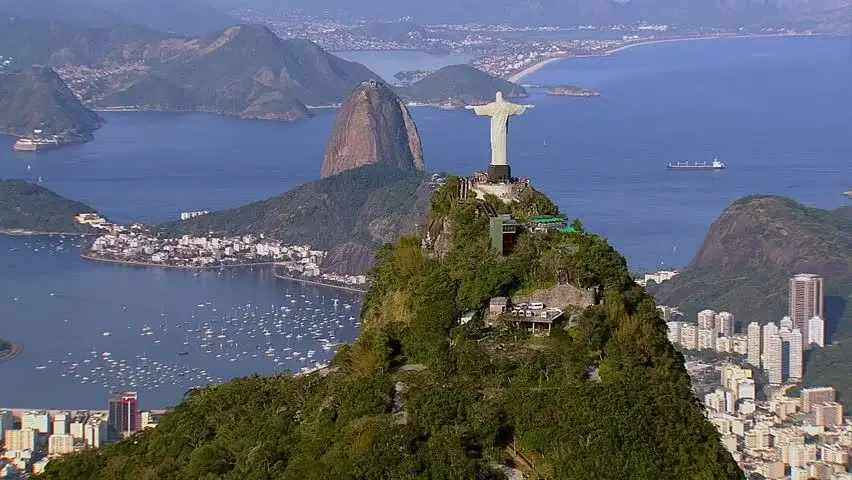Brazil on the horizon again

eyesonsuriname
Ansterdam, 21 January 2023– Private sector investors are preparing to take on the bulk of Brazil’s 500-700 billion reais in sanitation-related investments.
This will be necessary to achieve the goal of expanding water and sewage systems across Brazil by 2033.
The new sanitation legal framework that triggers these investments was recently approved by the Brazilian Senate.
Investors already present in the Brazilian market are now also increasingly targeting this sector as they see great profit potential in it. In the past, these investments have been hampered by poor regulation and little legal certainty,” said Maria Silvia Bastos, Chairman of the Goldman Sachs Advisory Board in Brazil.

“Investments will not happen overnight as there are still a number of steps to be taken after the new framework. However, the approval was a necessary condition for moving forward. It is such a large CAPEX that we have to look for the available pockets to launch these projects,” said Marcelo Girao, Head of Project Finance at Itaú BBA.Who are the potential investors?
The first wave of investments will be most likely realized by companies already present in the sector. Brazil has 5 major operators in the private sector: BRK Ambiental, Aegea, Águas do Brasil, GS Inima and Iguá Saneamento. The latter also sees the opportunity to go public again to raise funds.
“The new framework gives investors a certain comfort,” explains the CEO of Iguá Gustavo Guimarães. Other operators who have already worked in Brazil may also return to take up concessions.
Examples include Suez, which has already started talks with Brazilian banks, Águas de Portugal and France’s Lyonnaise des Eaux.

Companies and investors active in infrastructure concessions are also a possible front. Grupo CCR is one of them, they already operate motorways and airports, but energy companies such as Equatorial and Energie are also possible candidates. Votorantim, another Brazilian holding company, has also expressed its interest.
“Most people know that you can’t enter this market out of the blue. Interested parties have been studying this sector for some time now,” says Renato Sucupira of BF Capital. Some operators are backed by financial partners interested in more exposure in this sector.
The Singapore government investment fund GIC, the Canadian Brookfield and AIMCo and the Brazilian IG4 are examples of such partners. They can provide financial support to companies that want to capitalize or jointly invest as a project partner. Pátria, Blackstone and GP are also so interested in this sector. Multiplication of companiesThe number of companies in this sector is expected to multiply.
We have a big challenge ahead of us, it’s not something for 5 or 10 companies. We will see several new operators in Brazil over the next 5 years,” said Aegea CEO Radamés Casseb. Many financial investors have already taken the opportunity to forge closer ties with the largest Brazilian operators. “Foreigners usually want to enter into a partnership with an experienced Brazilian company.
Shares of companies and consortia will be sold,” says the President of Águas do Brasil, Henrique Lima.Based on previous experience in infrastructure and utilities, consolidation is expected in a second phase.

“In the beginning, the number of companies will increase and in the following decades we will see a consolidation trend,” said Felipe Mattar, Director of Infrastructure at Morgan Stanley. He cites the energy industry as an example. “15 years ago, the market had more than 10 distributors, today they have been consolidated into some major players,” said Mattar.Concessions and Public-Private PartnershipsInvestors are already looking at several concession projects under preparation in the states of Alagoas, Rio de Janeiro and Mato Grosso do Sul. The new legal framework could exponentially increase investment and interest in these types of projects, especially within a year and a half. “By the end of 2022, state and city companies will have to decide whether they can make the necessary investments. Today, only a few can do that, so this will present a sea of opportunity in the future,” said Paulo Mattos, President of Iguá and CEO of IG4. Because of this timeline, the industry believes that privatizations will not happen right away. After all, state-owned companies and governments have the time to evaluate the concessions and will therefore opt for other solutions if necessary.
eyesonsuriname









